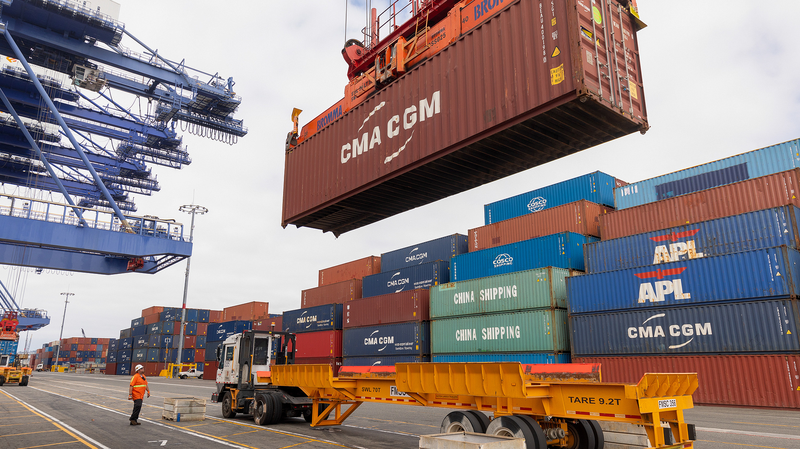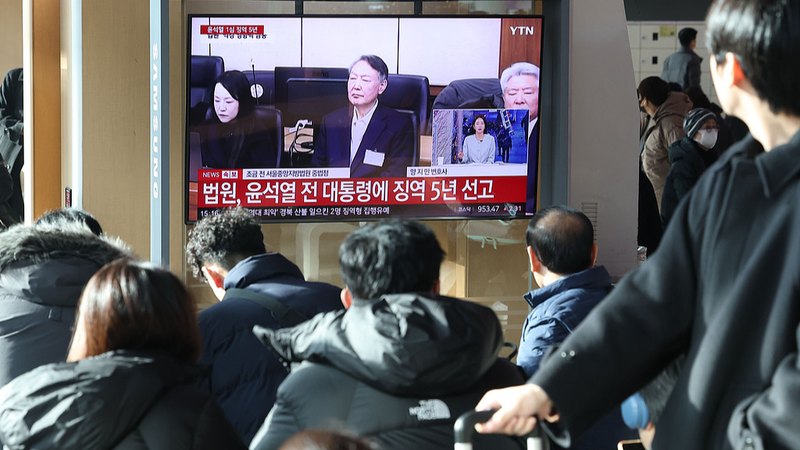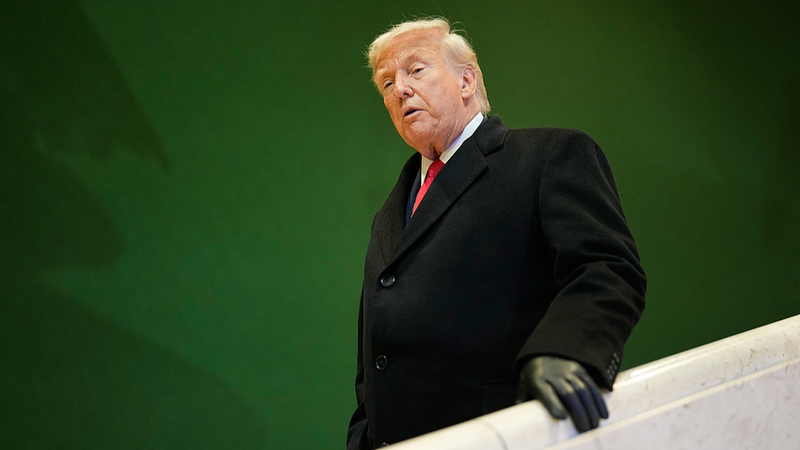U.S. President Donald Trump has been touting his plan to slap higher tariffs on imports as a quick fix for America’s massive $37 trillion national debt. He even teased the possibility of a “public dividend” if revenues pour in 🍿. But top U.S. economists aren’t buying it.
So, what are tariffs? 🤔 Think of them as extra taxes on stuff coming into the country—like when you pay a small fee for a courier service delivering your online haul. The idea is simple: higher taxes on imports = more cash for the treasury.
But Joao Gomes, finance prof at UPenn’s Wharton School, says tariff income might cover some costs of the recent “One Big, Beautiful Bill Act” (the new spending package), which the Congressional Budget Office says could add about $3 trillion to the debt by 2030. Beyond that, it’s unlikely to make a real dent.
Desmond Lachman from the American Enterprise Institute is even more blunt: a $300 billion boost is a drop in the ocean compared with a $37 trillion bill. He warns that markets will see through the hype—real investors do the math, and they know this won’t solve the debt puzzle.
Case in point: July’s interest on the U.S. debt was around $61 billion, while tariff revenues were only $29.6 billion. That means tariffs don’t even cover the interest, let alone pay down the principal.
Bottom line? Tariffs might score political points, but they won’t tame the debt monster. Slashing a $37 trillion deficit needs a bigger playbook—think economic growth, smart spending cuts, and revenue reforms. Until then, this debate will keep heating up 💬.
Reference(s):
Economists say Trump tariffs won't significantly reduce U.S. debt
cgtn.com




